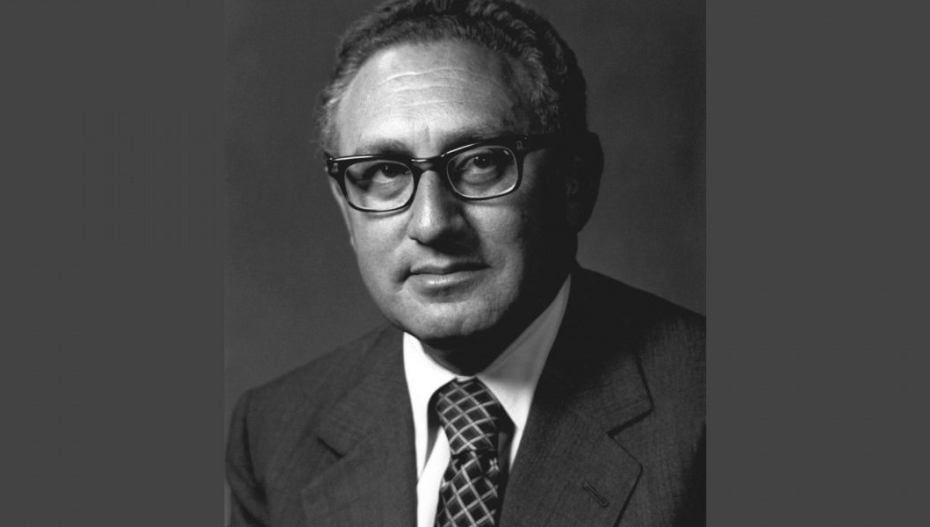A key player in many significant global events of the 1970s, Kissinger’s legacy is deeply controversial. Some saw him as little more than a war criminal.
“Dr. Henry Kissinger, a respected American scholar and statesman, died today at his home in Connecticut,” Kissinger Associates announced in a statement late on Wednesday, November 29.
‘War criminal’
The former US Secretary of State was born in Germany in 1923. His family moved to the United States in 1938 to flee the Nazi regime.
Known for his significant influence on US foreign policy under Presidents Richard Nixon and Gerald Ford, Kissinger’s legacy is marked by his crucial role in the Vietnam War, as well as opening diplomatic relations with China.
However, he has been severely criticised for his attitude towards significant war crimes committed by the US and its allies.
Christopher Hitchens, for one, called him a war criminal and said he should be tried “for war crimes, for crimes against humanity, and for offenses against common or customary or international law, including conspiracy to commit murder, kidnap, and torture”.
His impact on American politics, too, has been questioned in recent years, with Thomas Meany writing on The New Yorker that he “was a far less remarkable figure that his supporters, critics and he himself believed.
Kissinger, however, is credited with engaging with West Asia to end the Yom Kippur War, and negotiating the Paris Peace Accords, which ended American involvement in the Vietnam War.
He has won a Nobel Prize.
A Reuters report has noted that Kissinger had been active with meetings in the White House, writing a book on leadership styles, and testifying before a Senate committee about the nuclear threat posed by North Korea.
In July this year, he made a surprise visit to Beijing and met Chinese President Xi Jinping.
This story is originally published on The Wire.
Also Read: US Justice Department’s Timeline: How Indian Official ‘Plotted’ to Kill Khalistan Activists












